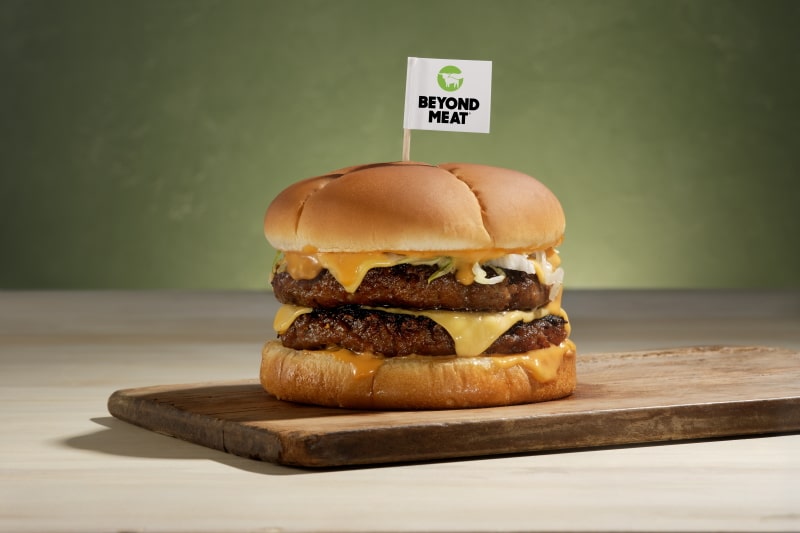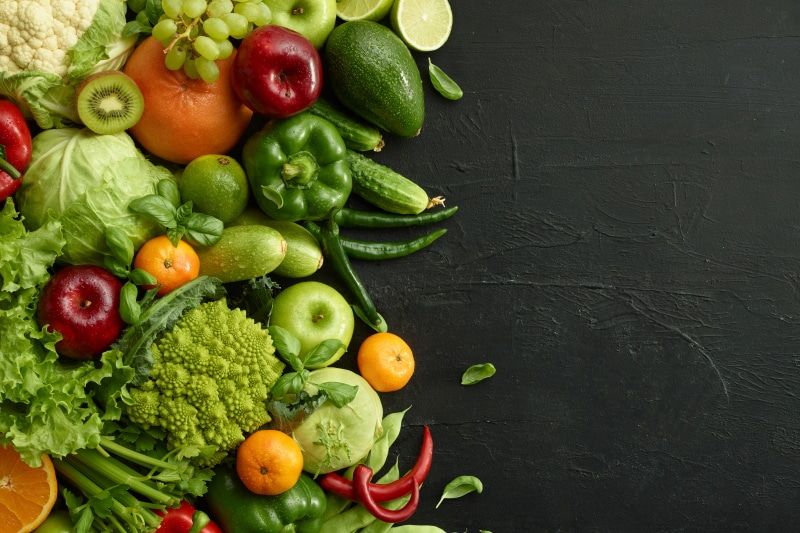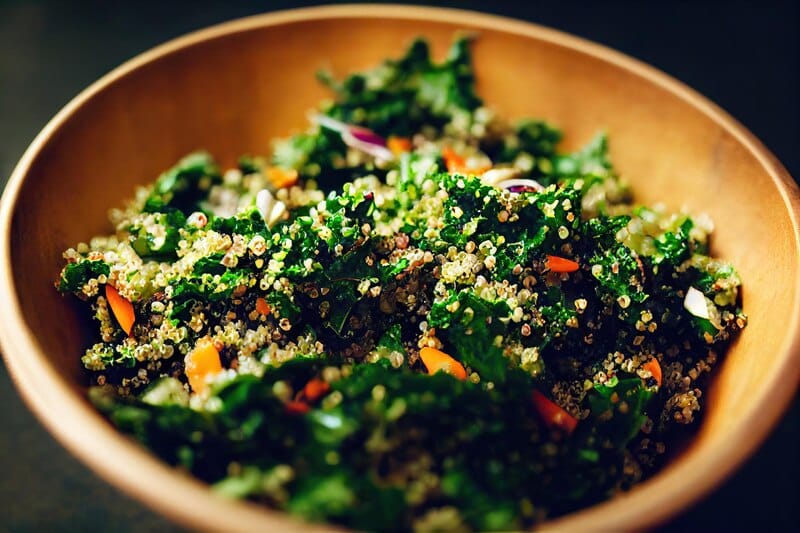The past few years have been amazing for the plant-based industry. You see vegan menus becoming more popular at the top fast-food chains and even financial magazines as Fortune affirms that companies such as Impossible and Beyond Meat, plant-based burgers are literally taking over the world where previously veggie burgers failed.
This leaves us to think that plant-based meats are replacing animal meats. They certainly must be making a huge difference in our world, is that correct?
How can we know if this is true, where we gather data and how we can arrive at this conclusion? Truthfully, we might know very little about what is really going on.
Retail data verified.
The latest raw sales data from the retail industry shows an amazing 45 % increase and steady growth in sales in the faux meat category in 2020 over the previous year. It might look impressive, and shows a positive change in the right direction. However, as we know the pandemic affected all retail sales, most of the chain stores increased sales which also included an undeniable growth in traditional animal meat (Veal, Pork, Chicken, and Fish).
The question is how we can compare one to the other, how plant-based meat did in comparison to animal meat?. It’s a fact that the Plant-based alternative doubled the growth as its animal counterpart, however, we must take into consideration that this mainly is due to the low starting point. If we compare to the plant-based milk category, there we see a lower growth rate since this industry is more mature and after its innovative pic has less room to grow.
Growth does not really clarify growth in the absolute value of the category in comparison to traditional animal meats. In 2020 we had USD 1.4 billion in plant-based alternatives, an impressive number however it might be somehow disappointing once we realize that total fresh beef sales alone reached USD 30 billion, USD 6 billion more than in 2019.
Bluntly said, just the increase of sales from 2019 to 2020 quadruples the total sales of plant-based faux meats at retail.
Now that this data is clear we can examine the claims that brands such as Impossible Foods and Beyond Meat are displacing animal meat.
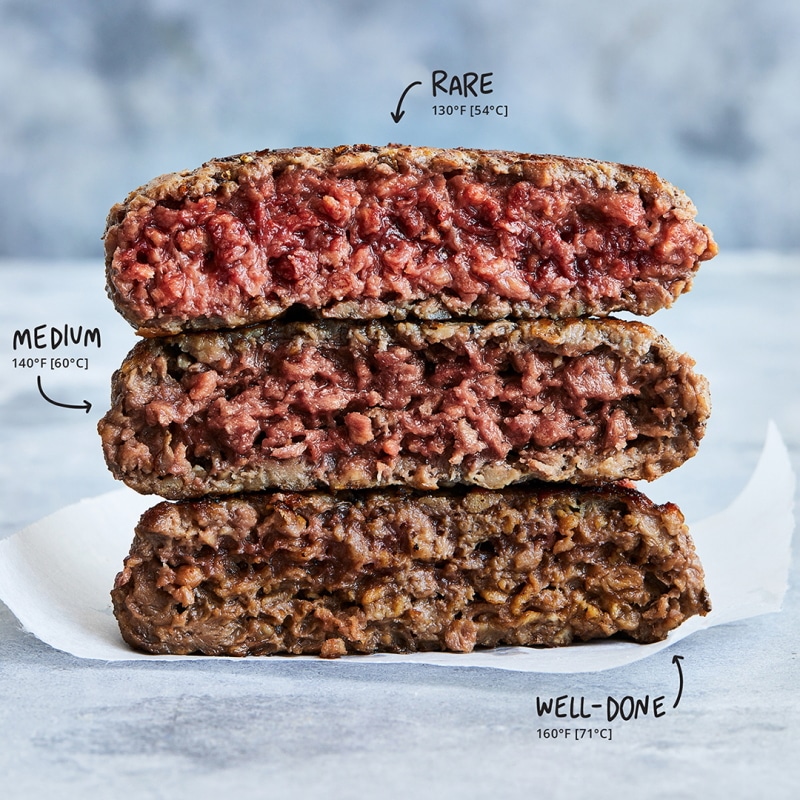
The Statistics
I have seen many times online different types of research claiming that 90% of the plant-based consumers are carnivorous, (I’m one of them), this in itself is impressive, but does this data mean that animals are being saved? Who gathers this data?
In my research, I came across a report from 2019, where a consumer data company called the NPD group released this number. Ignored by many, reading the whole context is quite revealing. They found and I quote: “plant-based food consumption is not about rejecting traditional protein sources, as about 90 percent of plant-based users are neither vegetarian nor vegan, noting that consumers want options.”
In other words, consumers who eat plant-based options still continue to eat traditional meat. People assume this is a good thing, thinking that consumers are changing to plant-based options, however, a profound and concise read shows the exact opposite: while consumers sometimes include a plant-based option on their diet, they are not abandoning consumption of animal meat anytime soon.
In the report an NPD analyst elaborated further: “The country is not becoming more vegetarian or vegan. We see meat eaters saying, ‘Hey, how else can I get protein in my diet without necessarily adding more meat?’”
Both leading manufacturers Impossible Meat and Beyond Meat have the same claim, according to this 2019 article, Impossible Foods said, “95% of people who order their burger regularly consume animal products”. Beyond Meat said, “Data from one of the nation’s largest conventional retailers showed us that 90% of consumers who purchased the Beyond Burger also purchased animal protein”.
Since I do not have accurate stats from Impossible Foods, I’m unable to verify or understand its context however, interpolating with Beyond meat retail sales data can suggest what households are purchasing in general.
This probably means that the “90-percent” figure simply means that at least some member of the family purchasing Beyond Meat is also consuming another type of animal meat. In other words, a parent is buying Beyond for a vegan son or daughter in his household. The rest of the family keeps consuming animal meat. In that context, that 90% figure makes a lot of sense but it is also much less impressive. It does not confirm whether these purchases are really displacing any animal meat.

Are faux meat consumers displacing other vegetarian meals?
Another interesting data to explore is the displacement of other vegetarian meals. It is a fact that many vegans and vegetarians are buying these plant-based burgers, ground meat, and sausages too. In absolute numbers, it might represent a small part of the population, but still significant. The only option these consumers are displacing is other vegetarian options.
This could also be true for non-vegetarian consumers.
Much of the decision made with the manufacturers is based on the “flexitarian” consumer as the main driver of the growth of plant-based foods. These consumers change from time to time (I’m one of them), traditional meat for plant-based options. This example can somehow explain the mainstreaming and growth of the category since one survey estimates this segment as high as 36% of the population.
However, still this number does not confirm if these flexitarian consumers are displacing other vegetarian options. We are simply assuming that because they sometimes eat animals, they must be swapping traditional animal meat with plant-based food. But there is no confirmed data to support this theory.
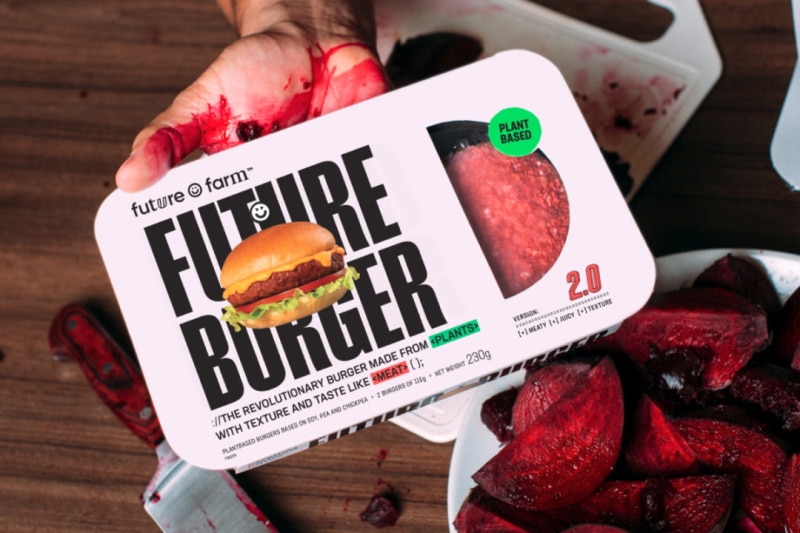
I have the same doubts for the fast-food chains such as Burger King, last year we saw lots of celebration for the Impossible Whopper. New branches with plant-based options on the menu opened in Germany and UK, not to cannibalize their meat options, rather ride on the trend and avoid the dreaded “veto vote” from the Vegan consumer. This happens when a group of diners is deciding where to eat, and someone is the group vegetarian or vegan. If the restaurant has not had a vegan option for that consumer that means you lose the whole pack.
Let’s say some university classmate decides to go to BK, one of the classmates is vegan, so she/he gets the Impossible Whopper. The other group members order regular meat burgers. In this case, the crude reality means that by having a plant-based option on the menu, other members of the group stayed and consumed traditional meat causing more animals to be eaten, not fewer. Why? Because you will not be able to find many other options for the meat-eaters who might consume less meat somewhere like pasta or a salad. Here, either you eat the vegan burger or eat meat.
In the last year since the debut of Impossible Whopper at Burger King, there is no data, suggesting the sales of meat burger sales are declining. Burger King logically wants more customers and not the same customers switching from the traditional meat to the plant-based version.
With no real evidence that the vegan option is displacing the traditional burger is all assuming that the marketplace is even making a dent in animal food consumption. All we can do for now is to enjoy what we have, I particularly prefer “Future Burger” a Brazilian manufacturer while at the same time continuing advocating for the cause and changes in the consumer preference, nothing can be done by force. The market is inherently limited in its ability to curb meat consumption.
By only swapping out animal meat with a plant-based burger in a Whopper is only addressing one symptom of a much bigger problem and ignoring the structural underlying causes.
Lots of organizations try to address these structural and policy issues. Find an organization that is really trying to make a difference and change the habits of the meat industry directly if you truly want to help animals.

